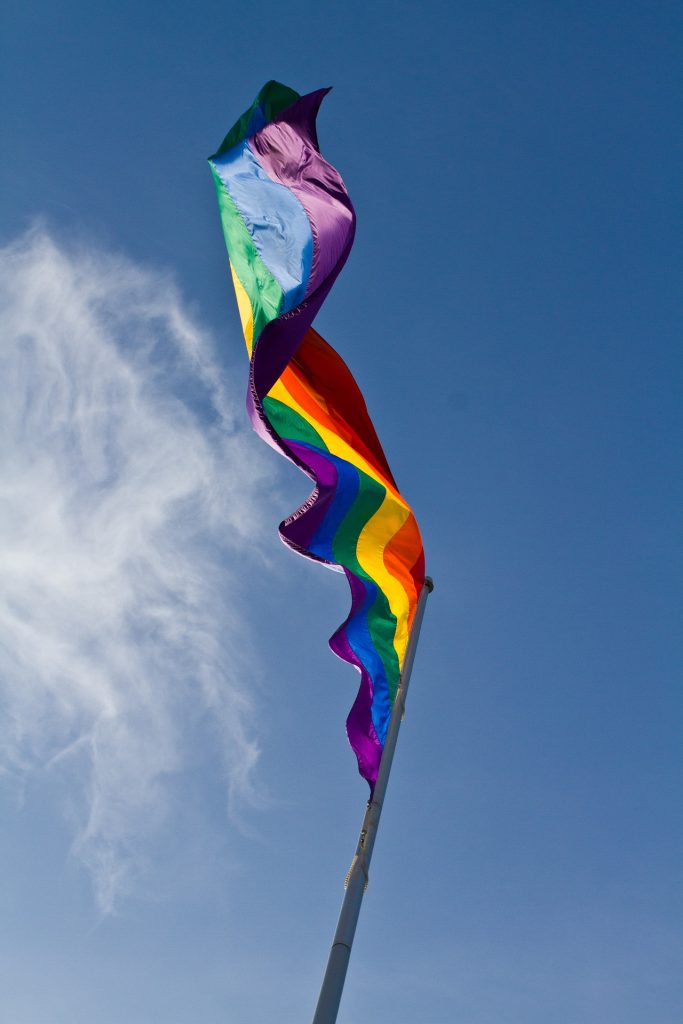
Some ideas and controversial social concepts are treated rather unevenly today with them being either completely ignored or actively imposed upon the people. Covering all of these issues and their controversial treatment will definitely take more than one article, so I would like to focus your attention on one of the most versatile and sensitive of them all – on tolerance.
Before we begin, let us look at that term with a little more depth. Theoretically saying that tolerance means to be patient about something or someone different would be right. But would it socially? Would you love to live in a society built on bare patience that can run out any minute? That definitely makes you feel less stable than a society where everyone respects each other, so let us stick to that: tolerance is respect towards people who are different than you.
Why even raise that topic, you might wonder? It’s not like everything is perfect with it but at least the situation is improving, especially after this year’s Oscars where “Moonlight” has received the ultimate recognition by winning the Best Picture award. It told the masses the story of the survival of a person who is not accepted by the society simply because he is different. That can happen to anyone, so it gives a lot of people someone to look up to in their time of need – even if that someone is a fictional character. In other words, Moonlight is not only the movie we need, but also the movie that we deserve. Very few, if any films have dealt with social and psychological problems that a gay black person can face growing up before, so it is a movie that deserved to be seen and highlighted at such a high level. It is an idea that needed to be promoted and introduced to the society. It is tolerance triumphant in the media at last.
the mainstream media went from putting tolerance in the spotlight for everyone to see and admire to completely ignoring it in just six months
That is until roughly half a year afterwards we got a live-action adaptation of Death Note. Death Note is a Japanese story about a Japanese boy and his Japanese family, friends and colleagues… Only it was all moved to America. And that Japanese boy was played by a white actor. As were all the other essential characters. Such a westernised adaptation explicitly shows an example of bad treatment of tolerance: it shows how something different from common standards is changed in order to fit these standards – not quite the message Moonlight’s victory was trying to tell us.
And this is where the issue begins. Because we have just witnessed two polar opposites of the attitude towards tolerance: the mainstream media went from putting tolerance in the spotlight for everyone to see and admire to completely ignoring it in just six months. Tolerance right now is swinging from one extreme to the other like an unstoppable pendulum.
Is there any way to stop it though? How do we usually achieve an agreement on something? We discuss it and come to a solution. Discussion might also become a key element when it comes to tolerance and help the society to find some middle point, at which it will be neither superimposed nor pushed away. Is that discussion already happening? Is that the real reason why tolerance is so unstable? If so, how long is it going to take for it to find its balance? These are just some of many questions raised by that notion. And the answer for them still has to be found.
